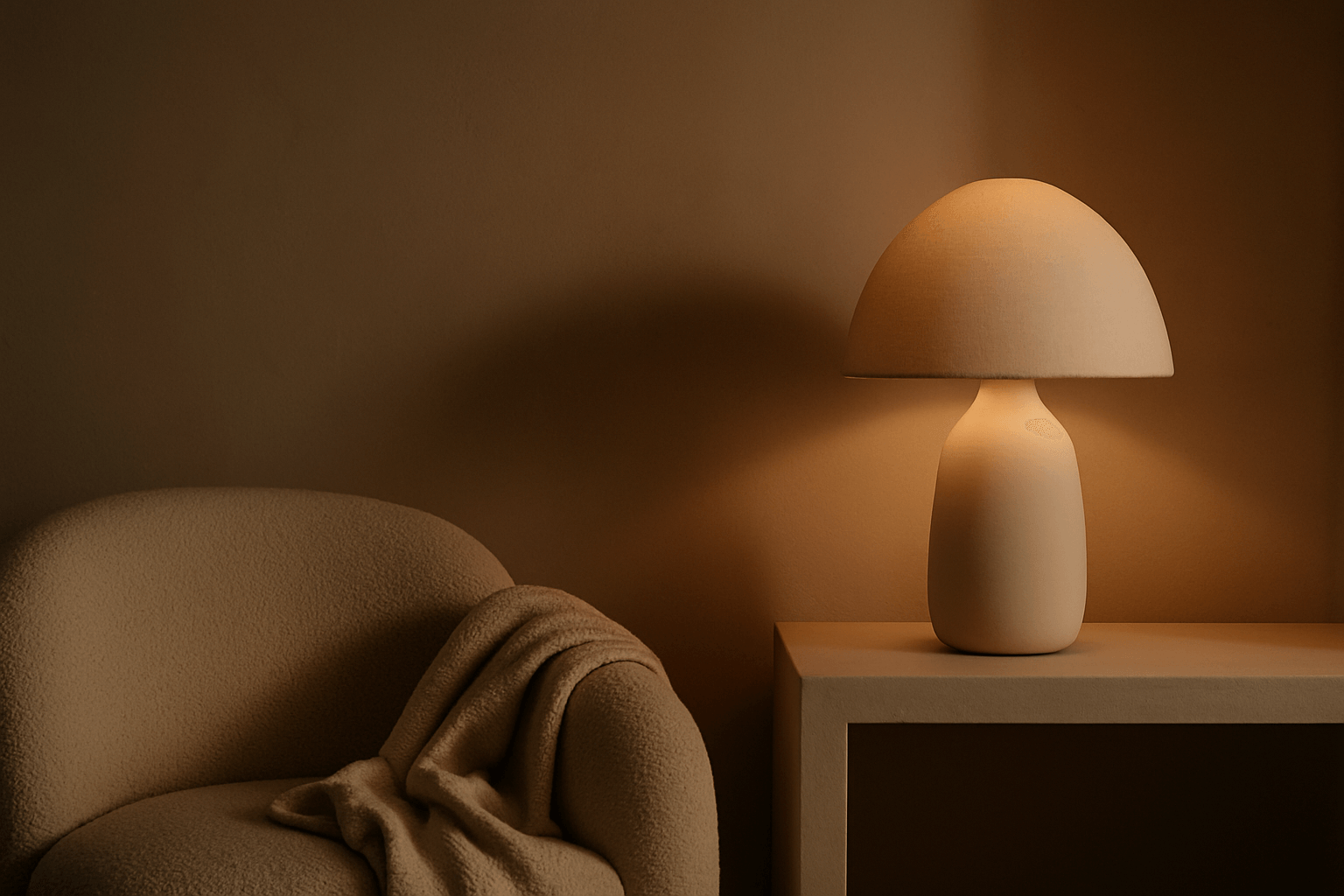Why Every Home Needs a Quiet Zone
In a fast world, stillness is a luxury. And yet, you don’t need an entire room to create peace—you just need a corner with intention.
Quiet zones are small areas in your home designed to offer pause. They don’t demand attention. They offer it back to you.
In a minimalist space, these zones become anchors.
Not styled for performance—but shaped for presence.
What Makes a Quiet Zone?
It’s not about furniture or function. It’s about feeling.
A quiet zone might be:
-
A chair near a window with soft light
-
A cushion on a warm floor
-
A shelf with just a book and a lamp
-
A corner of the bedroom cleared for breath
The key is to design for use, not display.
How to Create a Quiet Zone in Your Space
1. Start Small
Choose a corner, a wall, or even part of a hallway. Think: “Where does the light fall? Where do I already pause?”
2. Limit Objects
This is not a place for clutter or display. One chair. One surface. One lamp. Let everything have reason and rhythm.
3. Use Soft Lighting
Avoid overhead lights. Go for glow. A paper lamp, a low sconce, or filtered natural light will gently signal rest.
4. Add Texture, Not Noise
Wool. Linen. Wood. Felt. Materials that quiet the senses and invite touch. Texture is what makes stillness feel warm.
5. Make It Accessible
Don’t tuck your quiet zone away. Let it be visible. Let it remind you that stillness isn’t something you escape to—it’s something you return to.
What a Quiet Zone Feels Like
-
No mental clutter
-
No demands from the space
-
A place to read, reflect, journal, sip, stretch—or just sit
-
A space where time feels slower, even if it’s just for five minutes
Final Thoughts
Quiet zones are where minimalism becomes felt, not just seen. They are invitations—not installations.
They ask nothing of you, and offer everything back.
Create space for pause. For soft light. For your breath.
Because in stillness, you remember what matters.















